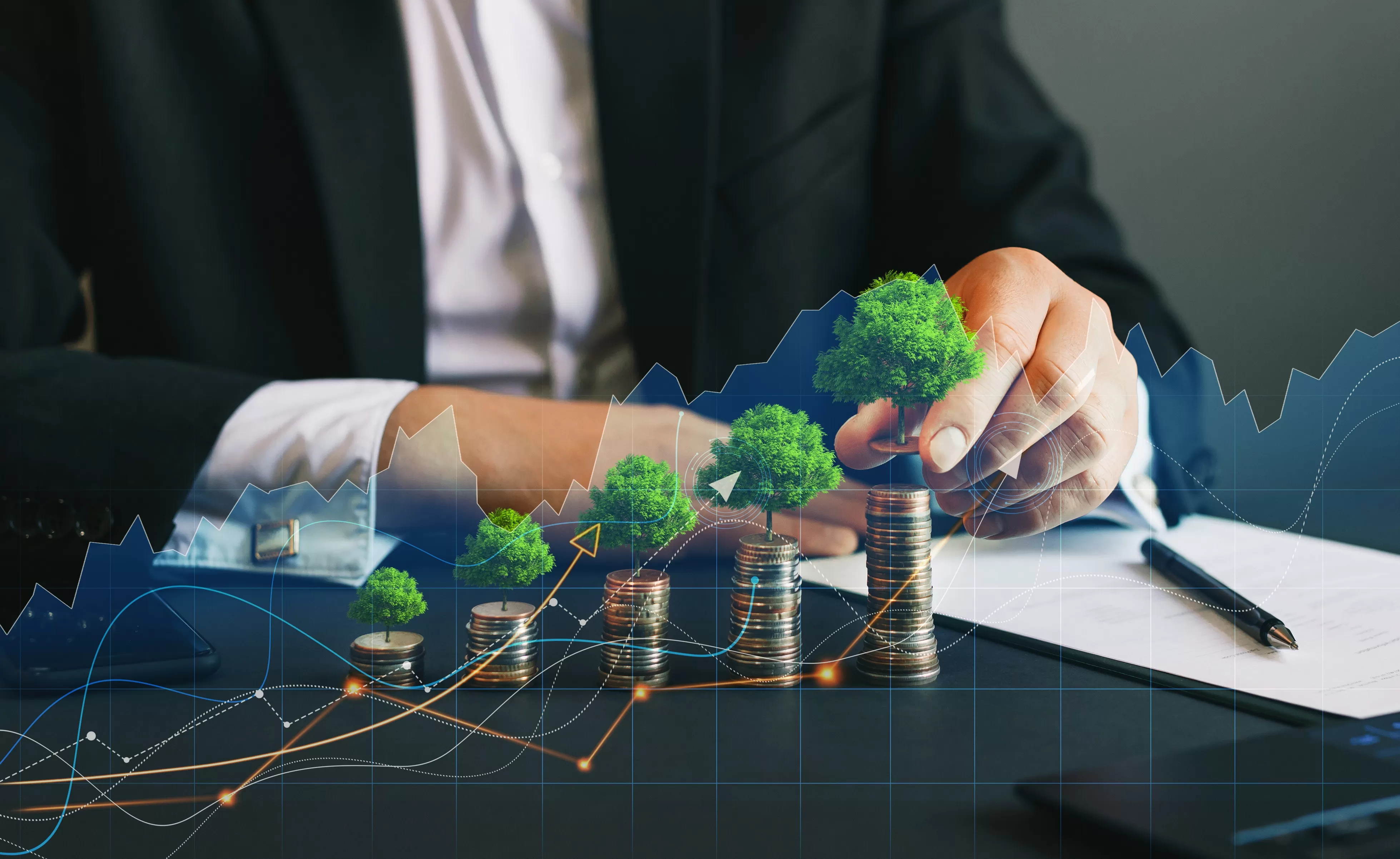
The full evolution towards a more sustainable society does not leave the finance professional unmoved. In terms of compliance, reporting and financing, sustainability (ESG) has become an integral part of our domain. Many companies have made sustainability a strategic pillar of their growth ambition in recent years, but for many there is still work to be done. Time is ticking away while in the field of compliance, things are storming towards us...
Mandatory reporting on the way
As part of the European Green Deal, the Corporate Sustainability Reporting Directive (CSRD) was created. In short, this is the mandate given to member states to make it mandatory for companies to report on ESG according to the reporting framework of the European Sustainability Reporting Standards (ESRS). In the EU, we are talking about nearly 50,000 large and listed companies that meet two of the following three criteria: a balance sheet total of more than €20 million, net turnover of more than €40 million and an average number of employees of at least 250 in the same financial year.
Mandatory sustainability reporting will be currently set from January 1, 2024 (reporting in 2025) for companies that were previously NFRD-compliant and January 1, 2025 (reporting in 2026) for companies meeting two of the three parameters discussed earlier, respectively. SMEs will then have their turn from January 1, 2026 (reporting in 2027) (with an option to defer until 2028).
"Every stakeholder wants more sustainable transparency"
The main components in the CSRD are the use of double materiality , inclusion of prospectus information, information on the upstream and downstream of the value chain and the concept of sustainability due diligence. We explain these further in the following articles.
The why of ESG information is very obvious. It gives every stakeholder more transparency in the (sustainable) activities of companies. And this sustainability information should then make decisions easier for all stakeholders. The ESRS therefore allocates the information obtained by the CSRD to two groups: the impacted stakeholders (employees, customers, suppliers, etc.) and the users of sustainability reporting (investors, banks, shareholders, etc.).
What can you do right now?
The legal framework may be a while away. The key question on everyone's mind is of course: what exactly should I focus on as a finance professional in terms of sustainability? We put it down for you.
1. Competitive advantage
No, not all legal, sustainable parameters are up for grabs. But it’s shouldn’t stop the companies from starting... Get the company ready to initiate processes that can aggregate (the already capturable) sustainability data to then work with it. Finance can be the initiator for that. As a leading source of pursuing maximum profit, you can already gain a competitive advantage by (also) pursuing sustainability transparency. After all, reporting increases stakeholder confidence, but this data can just as easily open the eyes of management in the context of the sustainability of the business itself...
"The cost aspect of sustainability is important, finance plays a crucial role here"
The company can then take following steps and implement sustainable initiatives to improve sustainability performance, but that certainly does not have to be the first step. Sustainability (ESG) effectively has a cost aspect, finance plays a crucial role in this, by the way. But a management benefits from first understanding where the company's sustainable value and impact effectively lie....
2. Use finance’s knowledge
Finance's years of experience in capturing data, then turning it into the right formats (in function of future sustainability audits) and bringing it to the public is also very powerful in this context. Your company may soon have a sustainability manager or even team, but the link to finance will always be there.
"Finance plays its role in reporting, decision-making and financing"
First, in terms of reporting, but equally in the decision-making process. What sustainable actions should we take and what does the price tag effectively look like? Do our budgets also allow for this spending? Finally, the connection with finance will always exist. Financial institutions will attach increasing importance to sustainable information. And alternative forms of financing may become more attractive due to the sustainable nature of future activities... In other words, finance plays a very big role!
3. Integrate sustainability into your strategy
Once sustainability has been motivated as a strategic pillar, it can then be built upon. Which ESG drivers and trends are really impacting your business? And how does this compare with your peers? There are also maturity assessments and development tools to determine how far along your ESG path you are. Materiality assessments can also discover where opportunities actually exist for your company right now, so that you can then work out an ESG value strategy and lay the foundations for your long-term competitive advantage. Finally, communicating your ESG story is essential to show that the company knows and pursues the interests of its stakeholders.
Sustainability plays defining role, also in finance
It is clear that sustainability will play a decisive role in your role as finance professional. Therefore, do not miss any opportunity to make and keep sustainability up for discussion. Soon, hyphen will present several specific sustainability aspects that can give you more insights and knowledge. So follow our blog and get first-hand insight into our new articles.
